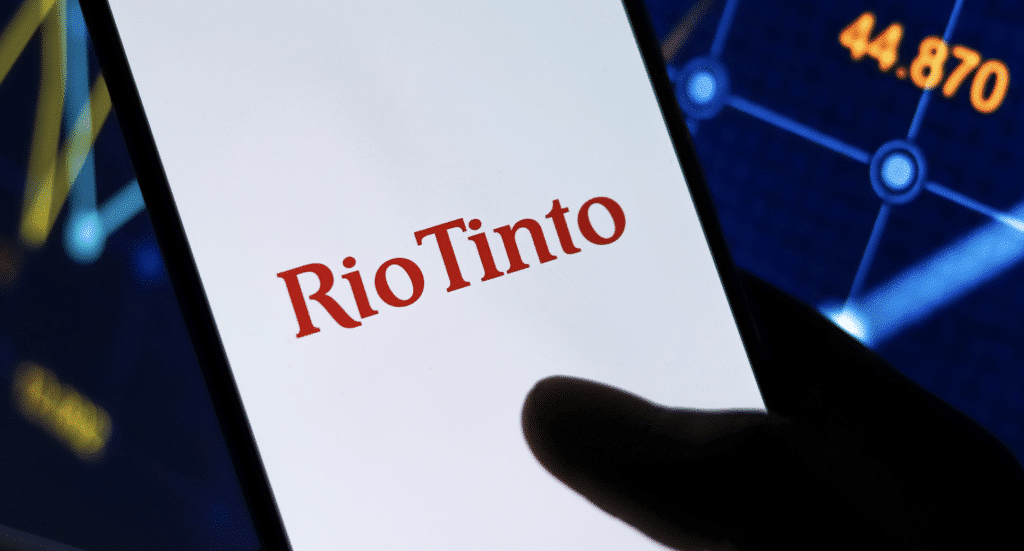Rio Tinto has set a new first-quarter record in iron-ore shipments during the three months to March.
The miner reported that iron-ore shipments from the Pilbara reached 82.5-million tonnes, a 16% increase on the previous corresponding period, while production reached 79.3-million tonnes, an 11% improvement on the previous corresponding period.
Rio told shareholders that the ramp-up of the company’s $3.1-billion Gudai Darri operation continued to progress well. At full production, the mine will have a yearly capacity of 43-million tonnes, underpinning production of the Pilbara Blend, Rio’s flagship iron-ore product.
“We continue to make steady progress with our highest-ever first-quarter shipments achieved in the Pilbara iron-ore business. Through the ongoing deployment of our Safe Production System we expect to see a sustainable lift in operating performance across our global portfolio over time, in line with improvements already achieved,” said CEO Jakob Stausholm.
For the full year, Rio is targeting iron-ore shipments of between 320-million and 335-million tonnes.
Mined copper production, on a consolidated basis, was in line with the previous corresponding period, at 145 000 t, as increased production from the Oyu Tolgoi mine made up for decreased production from the Kennecott operation, in the US.
Mined copper production was 36% lower than the first quarter of 2022 owing to a combination of record snowfall and a failure in early March of motors that drive a conveyor belt that feeds crushed ore to the concentrator. The concentrator is expected to operate below full capacity until the third quarter of 2023 as contingencies are implemented while replacement conveyor motors are sourced.
Kennecott is also managing heightened geotechnical and flooding risk associated with spring melting of the snowpack, the company said.
At Oyu Tolgoi, mined copper production increased by 41% on the first quarter of 2022 owing to concentrator maintenance in the prior period, and higher copper grades. Rio’s equity share in Oyu Tolgoi has increased from 33.52% to 66%, following its acquisition of Turquoise Hill Resources in December of last year.
Rio on Thursday adjusted its full-year copper production target from between 650 000 t and 710 000 t, to between 590 000 t and 640 000 t, reflecting the conveyor outage at Kennecott and the geotechnical challenges in the openpit at the Escondida operation, in Chile, where mining has been resequenced with an eye on continued optimisation of the pit.
Meanwhile, bauxite production of 12.1-million tonnes was 11% lower than the first quarter of 2022 as the Weipa operations were affected by higher-than-average rainfall during the yearly wet season. This resulted in reduced pit access, speed limits for mobile equipment and stockpile bottlenecks owing to port closures, Rio told shareholders.
Production was further affected by equipment downtime at both Weipa and Gove, however, the company has maintained its bauxite production guidance at 54-million and 57-million tonnes as Rio implemented plans to recover lost production at both sites through the remainder of the year.
Alumina production of 1.9-million tonnes was 2% lower than the first quarter of 2022 following unplanned outages at Queensland Alumina Limited and plant reliability issues at Yarwun in Australia, while aluminium production reached 0.8-million tonnes, up 7% on the previous corresponding period as Rio benefitted from the continued ramp-up of operations at the Kitimat smelter.
“We remain focused on disciplined growth in materials the world needs for the energy transition, delivering first sustainable production from the underground mine at Oyu Tolgoi in Mongolia and progressing early works on the Rincon lithium project in Argentina. We advanced the Simandou high-grade iron-ore project in Guinea with our partners, and entered into an agreement for a joint venture to unlock La Granja in Peru, one of the largest undeveloped copper projects in the world,” said Stausholm on Thursday.
“We continue to take action to strengthen our culture and invest in genuine partnerships, implementing the recommendations of the ‘Everyday Respect’ report and reaching a new agreement with the Naskapi Nation of Kawawachikamach in Canada. As we progress against our four objectives and strategy, we have a clear long-term pathway to profitable growth and continued attractive shareholder returns.”



